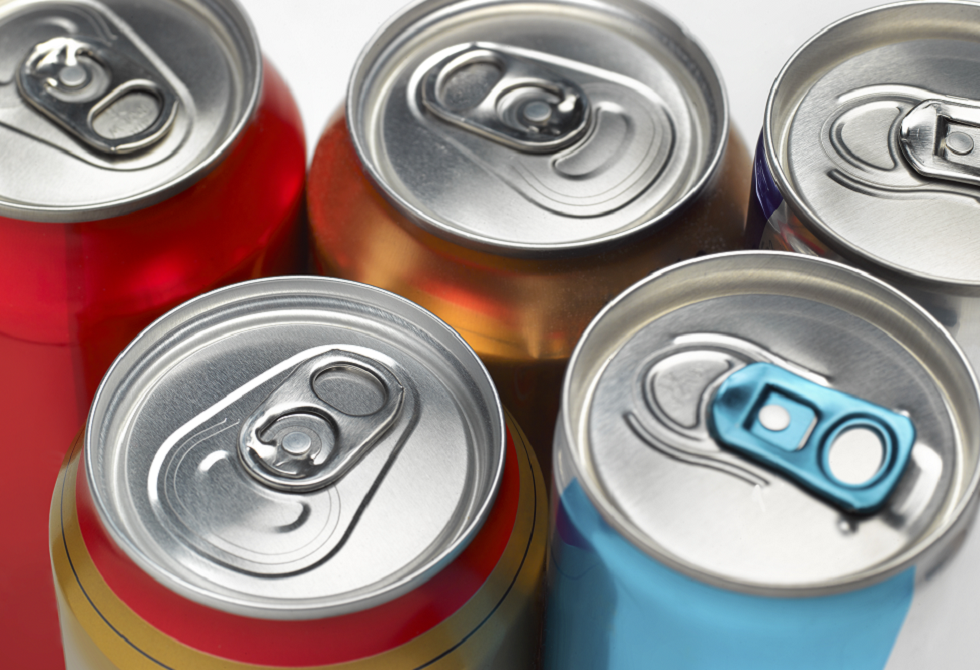The consumption of high-caffeine energy drinks has become an increasing health risk for children and adolescents.
Recent studies have shown that these drinks can negatively affect young people’s sleep, concentration, and mental health, and are linked to an increased risk of obesity, heart problems, and mood disorders. While many parents and specialists strive to raise awareness among youth about these risks, children and teenagers continue to consume them frequently, raising experts’ concerns about their short- and long-term effects.
The Effect of Caffeine on the Body
Caffeine enters the bloodstream approximately 10 minutes after consumption and peaks after 45-50 minutes, temporarily increasing alertness and concentration. After it declines, the user feels tired and less energetic. About 50% of caffeine remains in the blood after five to six hours, with the duration varying by gender, age, and weight.
Doctors warn that energy drinks may pose serious risks to people with hereditary heart diseases, as they can disrupt the heart’s electrical system and increase the risk of arrhythmia, especially when combined with unhealthy lifestyle factors such as sleep deprivation, dehydration, and e-cigarette use.
In a study at the Mayo Clinic in the United States, researchers analyzed data from 144 patients who survived a heart attack. Seven of them consumed energy drinks before the event, three were regular users, and four had hereditary heart diseases. The study showed that energy drink consumption may increase risks, but a direct cause of heart attacks was not proven.
Caffeine poisoning is rare but serious, occurring when exceeding 1200 mg of caffeine.
High-caffeine energy drinks contain high amounts of sugar; for example, a 250 ml can of Red Bull contains 27.5 grams of sugar. Excessive sugar intake increases the risk of obesity, high blood pressure, and cancer.
They also contain taurine, an amino acid that plays a role in regulating calcium in nerve cells and controlling inflammation. High levels may cause vomiting, stomach upset, dizziness, fatigue, and diarrhea.
A British study involving more than 1.2 million children found that energy drink consumption is associated with increased headaches, irritability, fatigue, stomach pain, shorter sleep duration, and increased risk of anxiety, stress, and depression.













Recommended for you
Exhibition City Completes About 80% of Preparations for the Damascus International Fair Launch
Talib Al-Rifai Chronicles Kuwaiti Art Heritage in "Doukhi.. Tasaseem Al-Saba"
Unified Admission Applications Start Tuesday with 640 Students to be Accepted in Medicine
Egypt Post: We Have Over 10 Million Customers in Savings Accounts and Offer Daily, Monthly, and Annual Returns
His Highness Sheikh Isa bin Salman bin Hamad Al Khalifa Receives the United States Ambassador to the Kingdom of Bahrain
Al-Jaghbeer: The Industrial Sector Leads Economic Growth